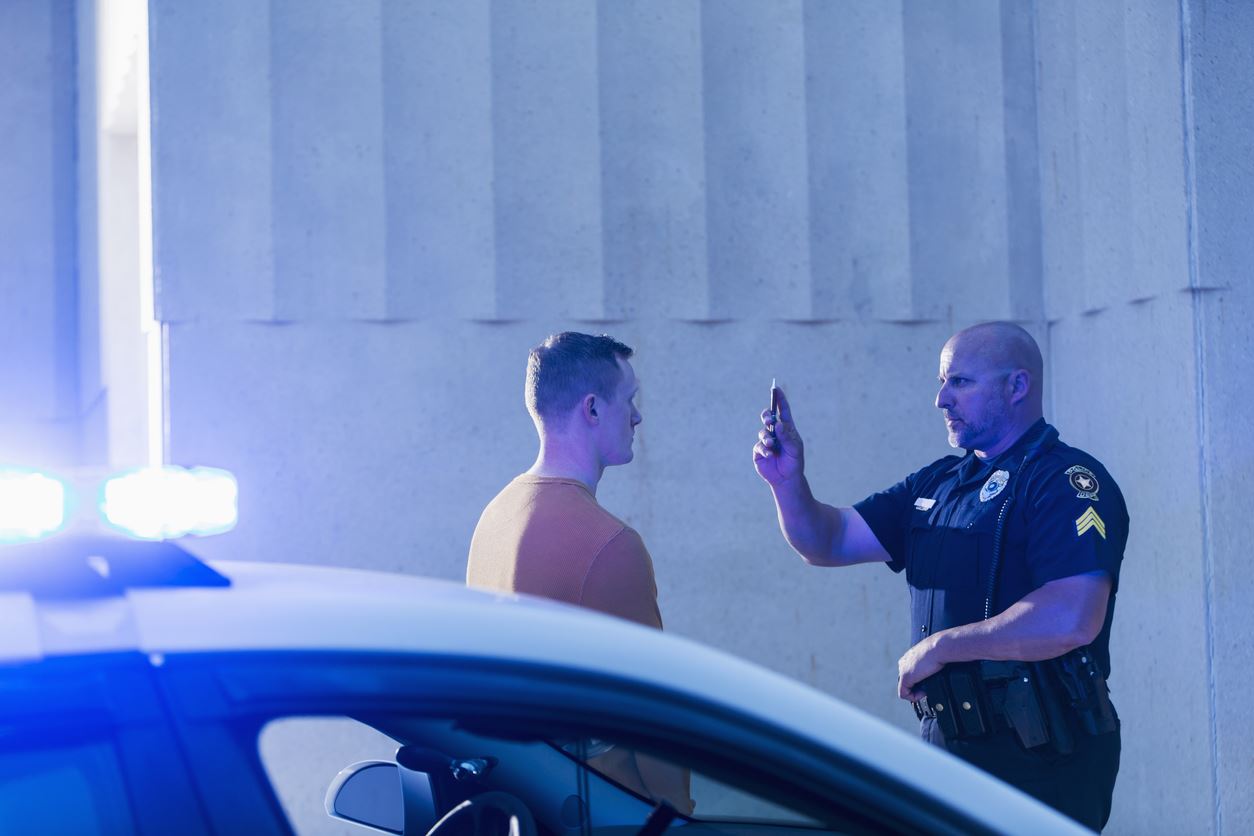What Are Field Sobriety Tests (FSTs)?
When stopped on suspicion of DUI (Driving Under the Influence) in Virginia, law enforcement officers may ask you to perform a series of field sobriety tests. These are designed to assess your balance, coordination, and ability to perform tasks requiring divided attention.
Some of the most common field sobriety tests include:
- The Horizontal Gaze Nystagmus Test: Observing the eye movement as the suspect follows an object
- The Walk-and-Turn Test: Walking straight along a line, turning on one foot, and returning
- The One-Leg Stand Test: Standing with one foot off the ground and counting aloud
Can You Refuse Field Sobriety Tests in Virginia?
While you may feel obligated to comply with a police officer's request to perform a field sobriety test during a DUI stop, it's important to understand that you are not legally required to. You can respectfully decline these tests without legal penalty for refusal. In some cases, refusing a field sobriety test may be in your best interests.
What About Blood & Breath Tests?
Under Virginia's implied consent laws and § 18.2-268.3, refusing to submit to a blood or breath test when arrested for DUI is unlawful. Consequences of such refusal can include a one-year suspension of driving privileges for a first offense.
Implied consent laws mean that by simply driving on Virginia's roads, you agree in advance to submit to a blood or breath test if you're suspected of DUI. This agreement is a condition of being granted a driver's license in the state.
Why Are Field Sobriety Tests Considered Problematic?
Field sobriety tests can be subjective, and several factors unrelated to alcohol consumption can influence their reliability. Despite these tests being problematic, they continue to be administered as they provide law enforcement officers with preliminary assessments of impairment, which can be used to establish probable cause for a DUI arrest. Despite their subjective nature, they are also frequently used as part of the evidence in DUI prosecutions.
Circumstances in which an officer may erroneously assume someone is under the influence or impaired when they are not may include:
- Medical conditions: Certain medical conditions can affect balance and coordination.
- Nervousness: Anxiety from being pulled over might lead to poor performance on the tests.
- Environmental conditions: Poor weather or uneven road surfaces can affect test results.
Challenging Field Sobriety Tests in Court
Field sobriety tests can be a vital component of a DUI charge; their results are not infallible and can be challenged in court. An experienced DUI attorney might question the administration of these tests by highlighting inconsistencies in how the tests were conducted or by questioning the officer's interpretation of the results.
Furthermore, factors such as an individual's physical conditions, footwear, or even road conditions at the time of the test can be presented to cast doubt on the reliability of the FST conclusions. The subjective nature of these tests means that evidence from them can often be scrutinized and potentially discredited, giving defendants an avenue to contest charges based on their results.
Get Help Defending Against DUI Charges
If you're facing DUI charges in Virginia or you’ve been arrested for suspicion of a DUI, enlisting the aid of skilled legal representation is strongly recommended. At The Law Offices of Daniel J. Miller, we provide fierce advocacy and knowledgeable guidance throughout your case.
Don’t leave your future to chance—seek experienced counsel as soon as possible. For more information or to schedule a consultation, connect with The Law Offices of Daniel J. Miller today.


